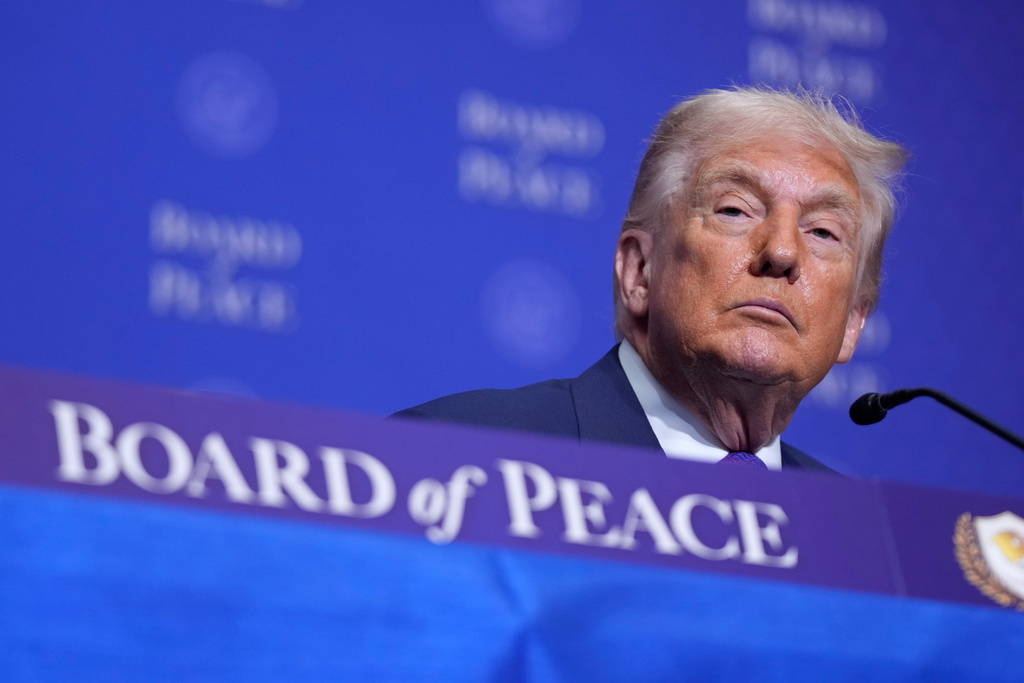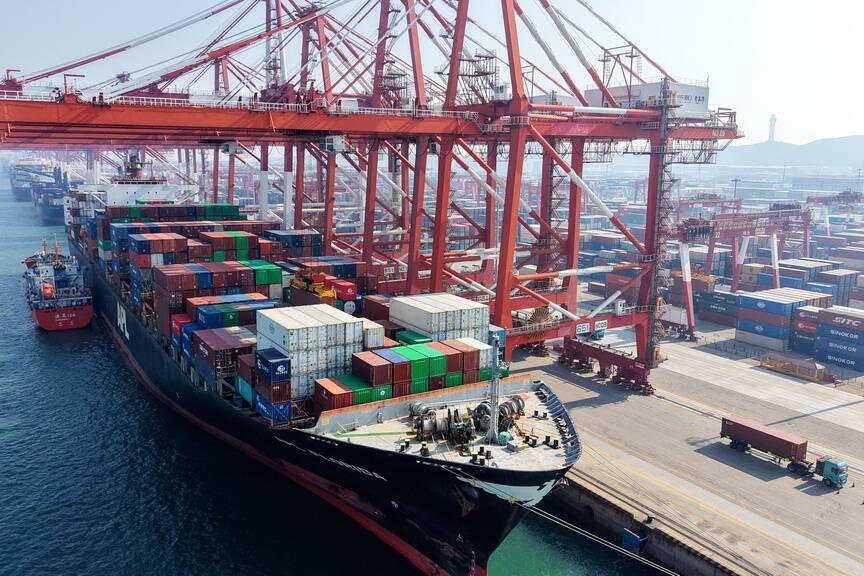Four years later, trade is booming, tourism is rising, and the potential for regional growth is just beginning.
In a recent visit to the White House, Israeli Prime Minister Benjamin Netanyahu announced he had nominated President Donald Trump for the Nobel Peace Prize.
In his letter to the Nobel committee, Netanyahu praised “President Trump’s pivotal role in facilitating the Abraham Accords” which “reshaped the Middle East and marked a historic advance toward peace, security, and regional stability.”
Is he right?
This is what the Abraham Accords are, and why they matter:
What do the Abraham Accords do?
The Abraham Accords, signed in September 2020, normalized relations between Israel and four Arab nations: the United Arab Emirates (UAE), Bahrain, Morocco, and Sudan.
This was a significant breakthrough. Before President Trump brokered the Abraham Accords, only two Arab countries – Egypt and Jordan – officially recognized Israel.

Signing the Abraham Accords opened the door to:
- Bilateral trade deals and economic cooperation
- Security coordination
- Tourism and cultural exchange
One major milestone came in 2023, when Israel and the UAE signed a full free trade agreement dropping 96% of tariffs between the two countries. It was the first deal of its kind between Israel and an Arab nation.
There’s also talk of expanding the Accords. Saudi Arabia, Syria, and Lebanon have all been floated as potential additions, although the ongoing Israel-Hamas war has thrown a wrench in these talks.
Have the Abraham Accords worked?
Economically, the results are hard to ignore. Trade between Israel and its new partners was over $3 billion in 2023 – that’s 126 times greater than the 2019 total of $25 million in trade.
While most of the gain was driven by the UAE and its free trade agreement with Israel, Morocco and Bahrain also saw major increases in trade.

Each of the countries have seen tens of thousands of new tourists, which is boosting their economy and jobs even more than trade alone.
The Abraham Accords have only scratched the surface of what’s possible. A RAND study at the time they were signed projected that, if 11 countries signed on, the Accords could generate up to $1 trillion in new economic activity and create 4 million jobs over a decade.
And if the five current signatories took full advantage of the Abraham Accords – signing free trade agreements like Israel and the UAE did – RAND estimates they could add up to 180,000 new jobs and nearly $150 billion to their economies:

So where does that leave us?
The Abraham Accords didn’t resolve every political or security challenge in the region. But they opened new channels of diplomacy, expanded trade, and brought economic benefits to countries that chose to participate.
Whether or not they justify a Nobel is up for debate. But four years in, the results are real – and growing.
Related
Peyton Lofton
Peyton Lofton is Senior Policy Analyst at No Labels and has spent his career writing for the common sense majority. His work has appeared in the Washington Examiner, RealClearPolicy, and the South Florida Sun Sentinel. Peyton holds a degree in political science from Tulane University.





You must be logged in to post a comment.